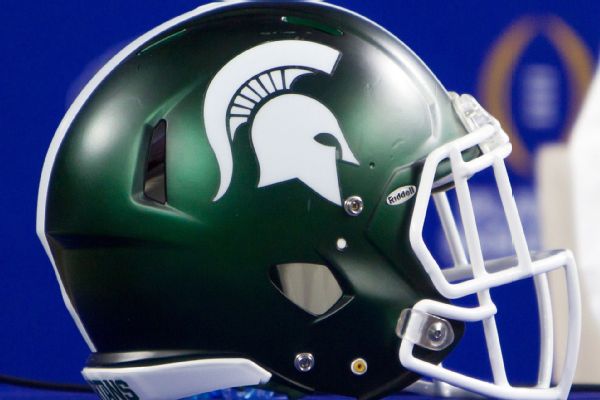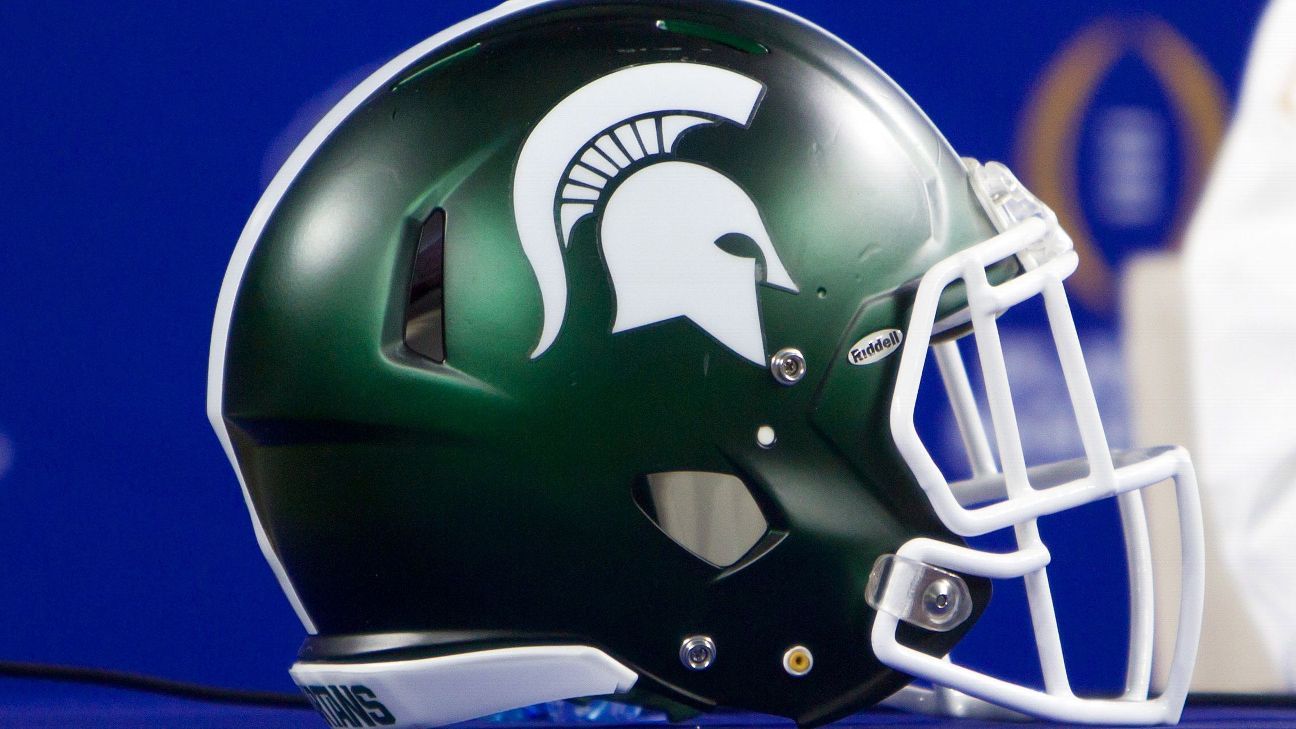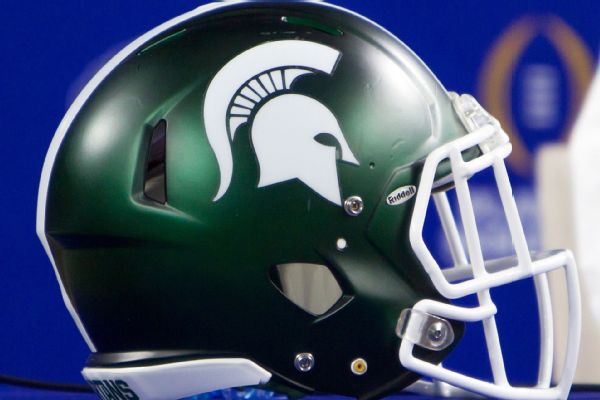

EAST LANSING, Mich. — Michigan State athletics officials said Thursday they will “expand our use of video access as a tool” to aid in evaluating football injuries and in deciding whether players can return to game action.
The statement follows a decision to send Alante Brown back into the season opener last week after he was carted off the field following a collision on the game-opening kickoff against Central Michigan. Brown came back into the game and the Nebraska transfer returned a kickoff 16 yards.
He was on the sideline, not in uniform, in the second half as the Spartans pulled away for a 31-7 victory.
“He was cleared to come back and then we took him out,” coach Mel Tucker said after the game. “Those are medical decisions that I support 100%.”
The decision to send Brown back in was heavily criticized online. The Concussion Legacy Foundation posted on X, formerly known as Twitter: “Falling defenseless to the turf was an obvious sign of possible concussion. The consequences of second impact injuries are not worth the risk of returning.”
Michigan State athletic director Alan Haller requested a full evaluation of what happened, and the school’s director of athletic medicine, Dr. Jeff Kovan, issued a statement noting that Brown had been placed on a backboard as a precautionary measure. He said evaluations for a neck injury, concussion and neurological injuries were negative, as were later X-rays.
“Based on the negative clinical examination and X-ray, activity progression occurred on an exercise bike on the sideline and Brown remained asymptomatic and therefore was allowed to return to play,” he said.
However, Kovan said, “none of the athletic training staff or physician medical staff had direct vision of the injury when it occurred.” After staff reviewed the television replay at halftime, Brown was held out of the game’s final 30 minutes even though additional testing for a concussion remained negative.
The next morning, Brown had mild concussive symptoms, Kovan said.
“He’s currently doing well and progressing through concussion protocol,” he said. “Moving forward, we will expand our use of video access as a tool to assist our healthcare providers in evaluating injuries and potential return to play.”












